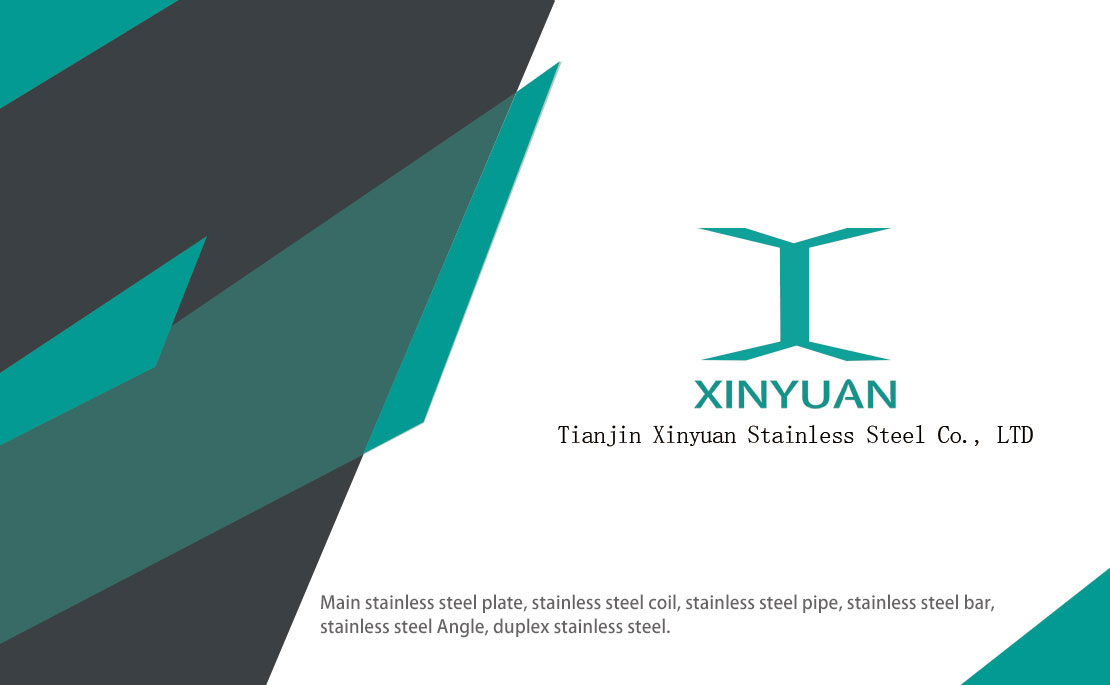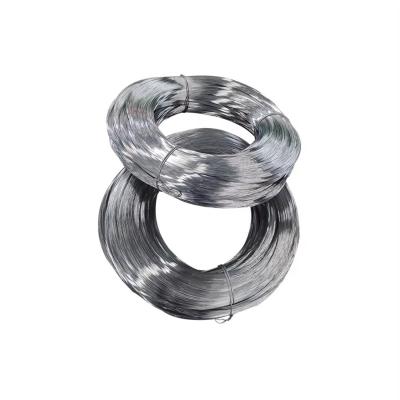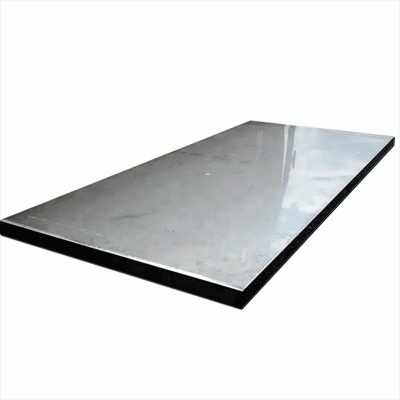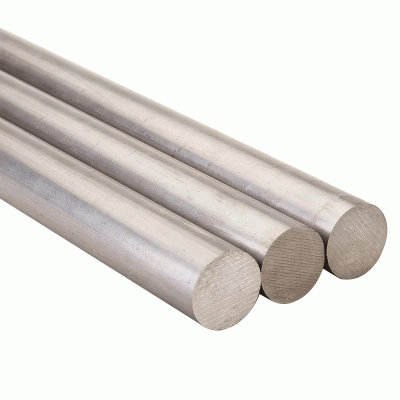Manufacture of fluid system components
Producing fluid system components that meet all aspects of NACE MR0175/ISO 15156 requires the use of high-quality raw materials, careful testing, and careful selection of manufacturing methods. Alloys must undergo a controlled solution annealing process, and their microstructural quality must be assessed by tests such as ASTM A262, which detects intergranular corrosion in austenitic stainless steels, or ASTM A923, which certifies that duplex stainless steels are free from harmful the intermetallic phase. Austenitic stainless steels should be free of martensite and ideally contain no or at most 2% ferrite as these are more prone to hydrogen embrittlement than austenite.
A sufficient number of hardness measurements must be taken and an average hardness value calculated, which must not exceed the respective maximum allowed. On the Rockwell C hardness scale, no individual hardness readings are allowed to exceed 2 units of the maximum hardness allowed. When welding assemblies, care must be taken to measure the hardness of the welds according to the procedure described in the NACE MR0175/ISO 15156 standard. Where solution annealed material is required, cold drawing of bars or cold rolling of sheets must be avoided. It is acceptable only if the cold deformation of the surface is caused by a process such as polishing that does not produce more cold work than a typical machining operation. Identification stamps with low stress stamps are acceptable,
The material selection and fabrication of fluid system components for use in sour gas environments is complex. The end user must define the prevailing acid gas service conditions, including steady state processes and potential accidental exposure conditions. In addition to material properties, several factors affect the susceptibility of a material to crack in acidic fluids: H 2 S partial pressure, in situ pH, chloride concentration, presence of elemental sulfur, temperature, current effects, mechanical stress and time in contact with the aqueous solution. End users should be familiar with the requirements of the NACE MR0175/ISO 15156 standard in order to select the best materials of construction for fluid system components.
When a customer orders a specific valve, fitting or other fluid system component for sour gas service, the manufacturer shall conduct a product review where all wetted parts are evaluated against standard requirements such as material type, manufacturing process and maximum hardness. Such reviews ensure that products selected for sour gas service meet the requirements of the NACE MR0175/ISO 15156 standard, as well as customer requirements for durability, performance and reliable service.
Xinyuan stainless steel products, trustworthy, if you have any needs, welcome to inquire with me.




